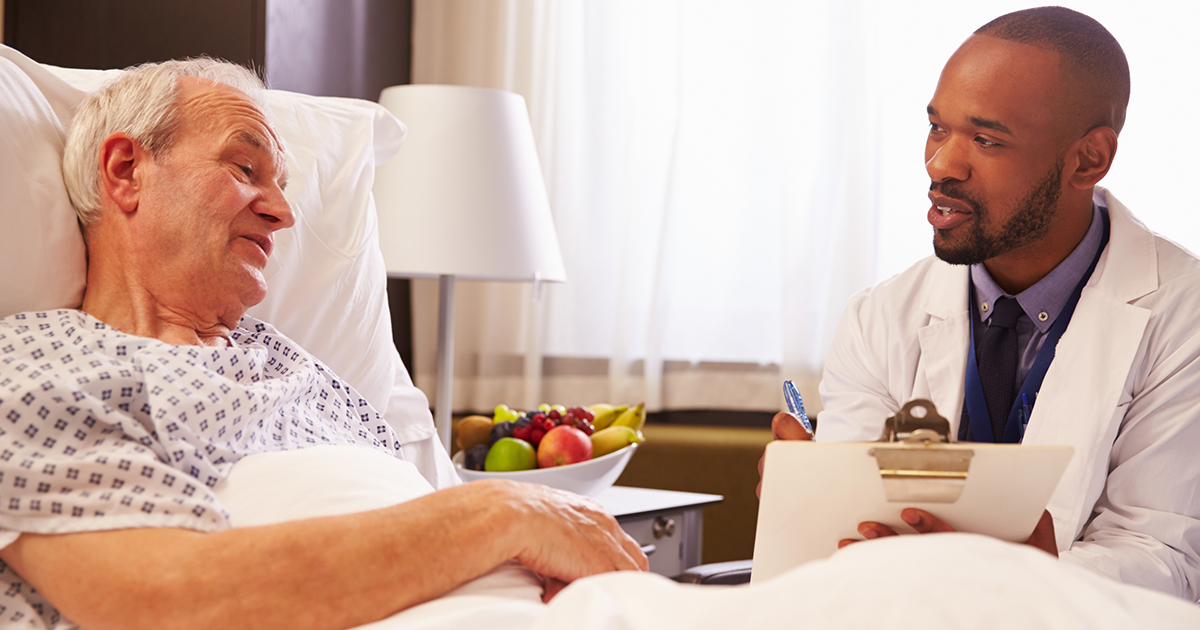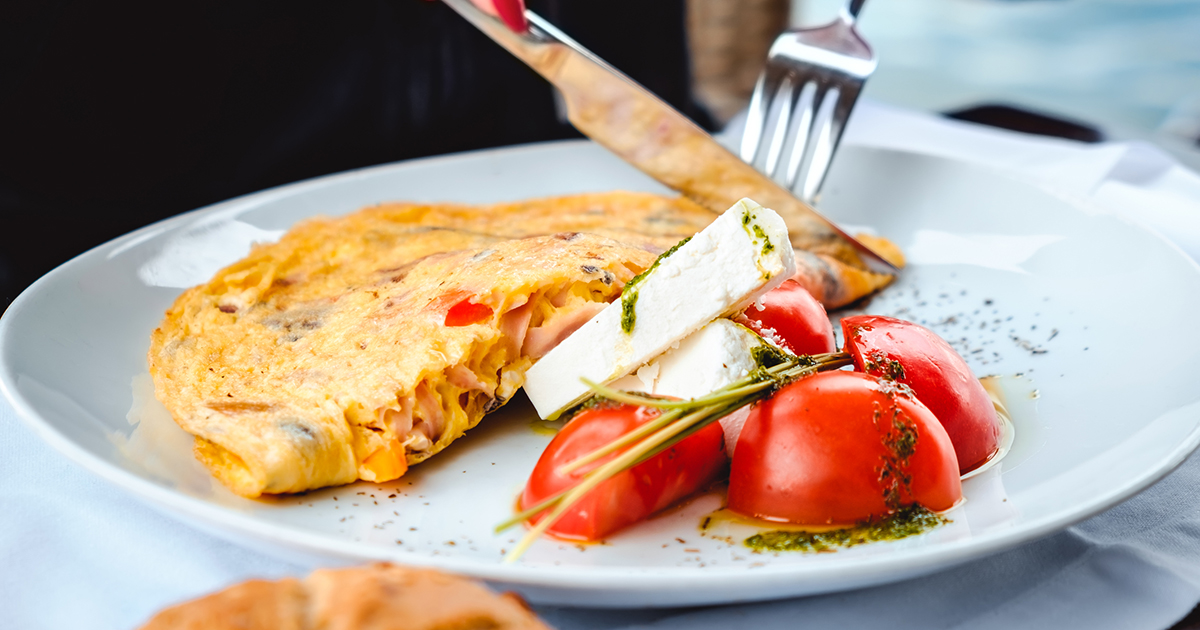10 Facts You Need To Know About Ulcerative Colitis
Treatment Based On Severity And Alternative Treatment

For mild symptoms of UC, steroid medicine, aminosalicylates, enemas or suppositories, antidiarrheal medication, and diet changes may be suggested. For moderate to severe symptoms of UC, higher doses of the previously mentioned medications may be prescribed, immunomodulator medicines or cyclosporine, biologics, surgery and the removal of the colon. In the hospital, to treat anemia, severe diarrhea, and nutrition deficiencies due to malabsorption of nutrients from foods, treatment may include blood transfusions, replacing electrolytes and fluids lost. There are also natural or alternative medicine treatments and therapies available in place of prescribed medications. These therapies may include nutritional supplements, herbal remedies, acupuncture, and diet changes. It is recommended that anyone considering alternative treatments have a discussion with their doctor.
Eating With Ulcerative Colitis

There are some diets that are advised for UC including the low-residue diet and specific carbohydrate diet. A low-residue diet consists of low-fiber foods and decreasing the consumption of high-fiber foods. The specific carbohydrate diet is a low-carbohydrate diet which recommends the intake of certain carbohydrates that are easy to digest. Suggested foods for UC include avocados, plain yogurt and probiotic-rich foods, nut butters, lean poultry and meats, fruits, fish, grains, eggs, cooked vegetables, unsweetened canned fruits, chicken broth, white rice with turmeric, unsweetened applesauce, and squash. Recommended drinks for those with UC include water, low-sugar sports drinks and fruit juice, herbal and decaffeinated teas like chamomile tea, peppermint tea, decaffeinated green teas, smoothies, and nondairy kinds of milk like almond milk.
